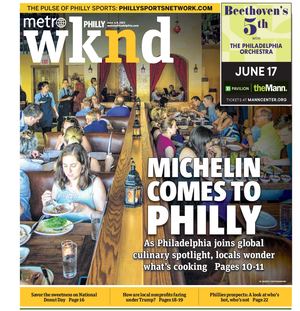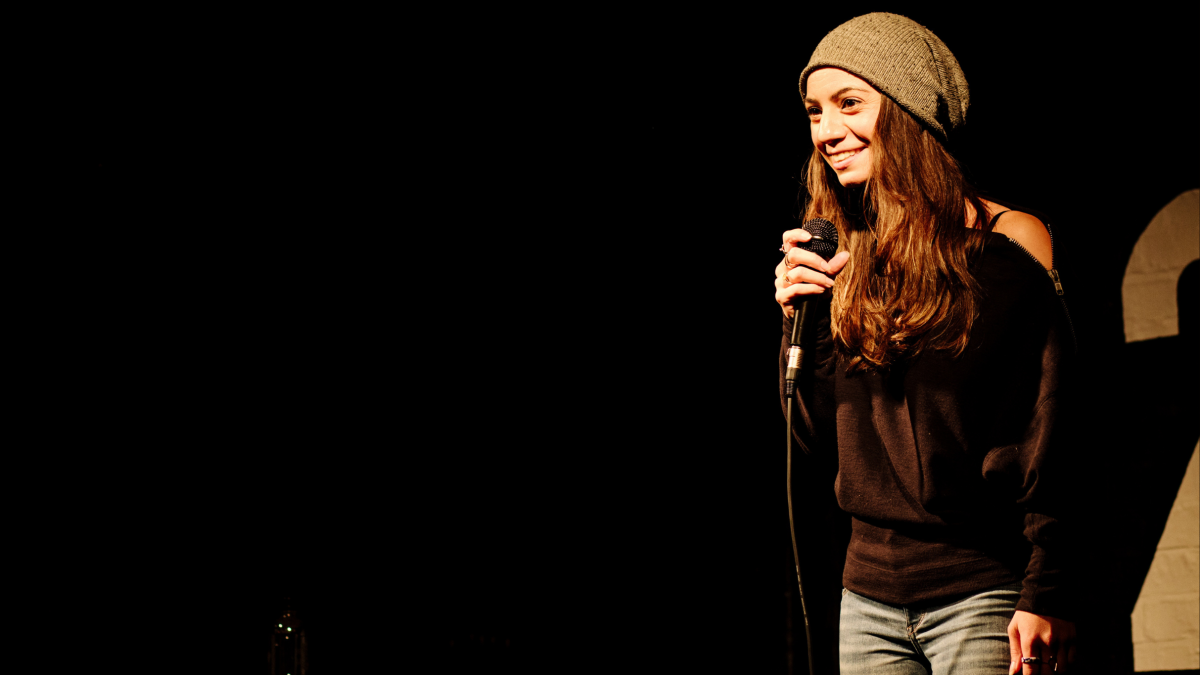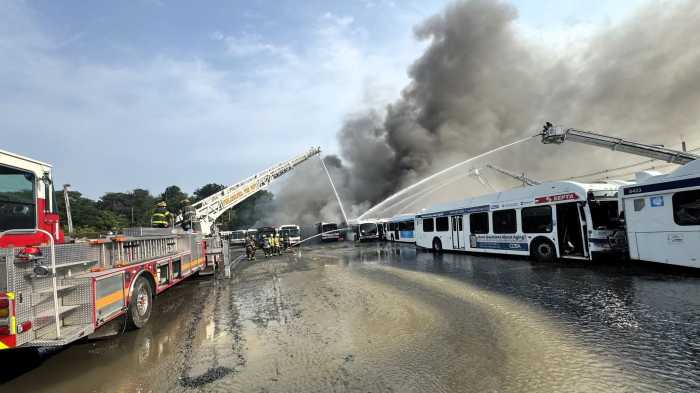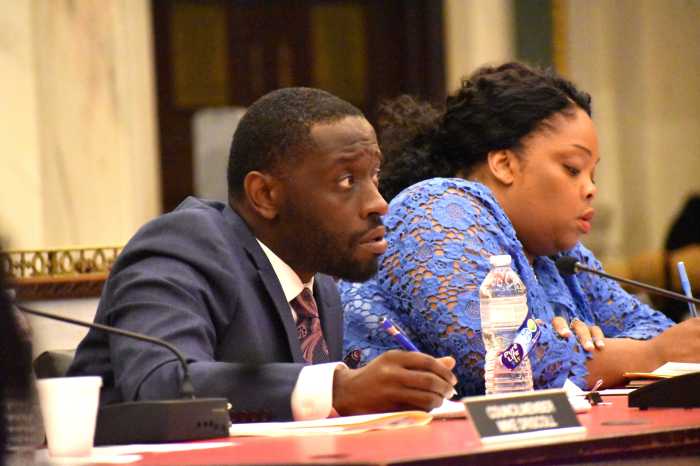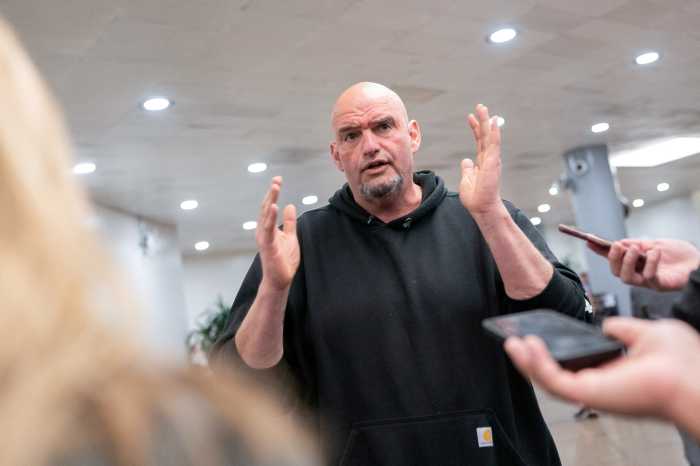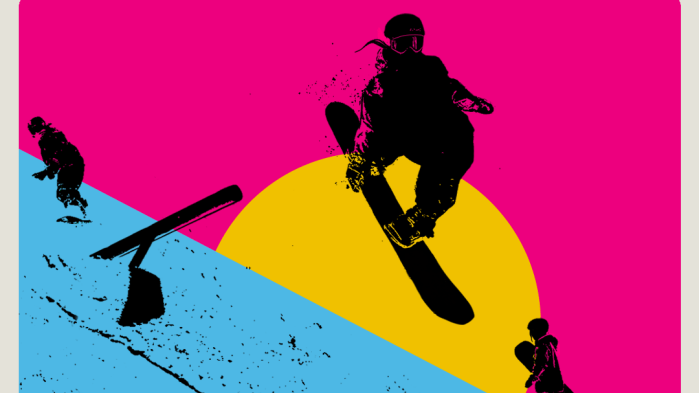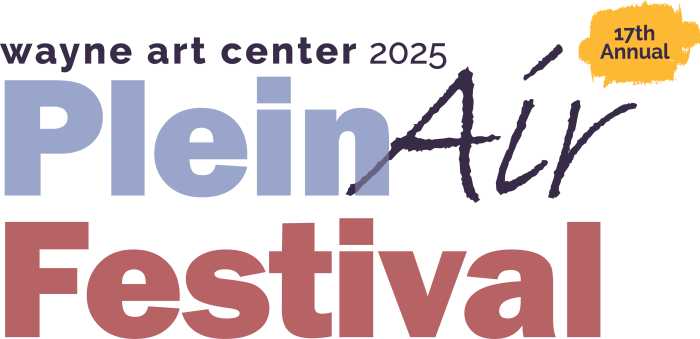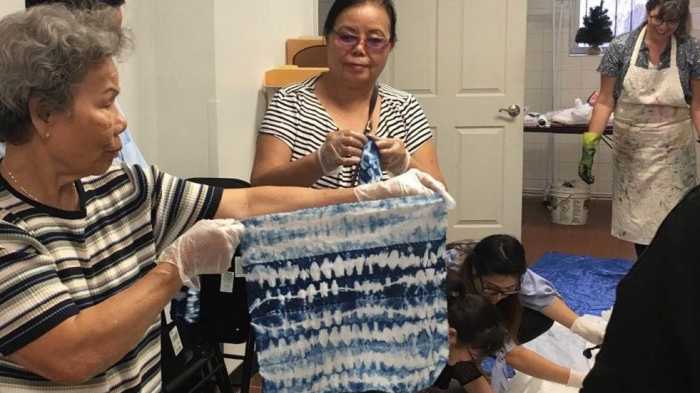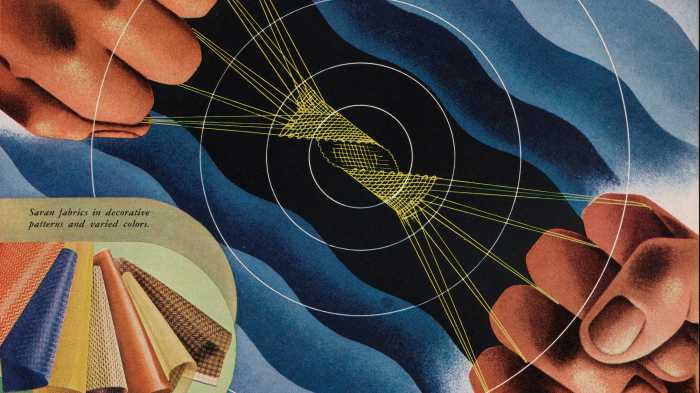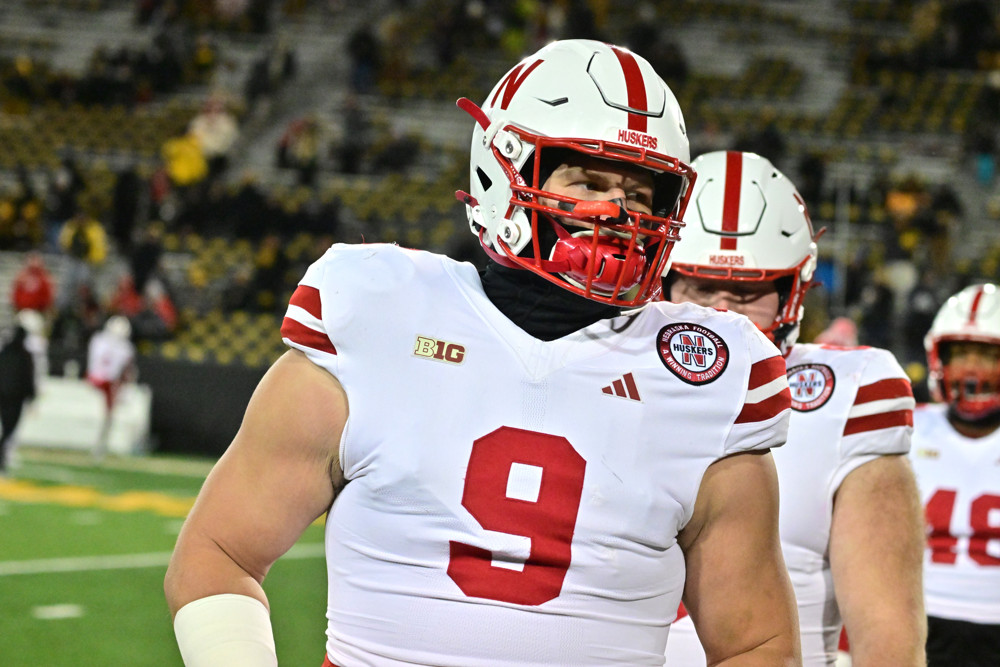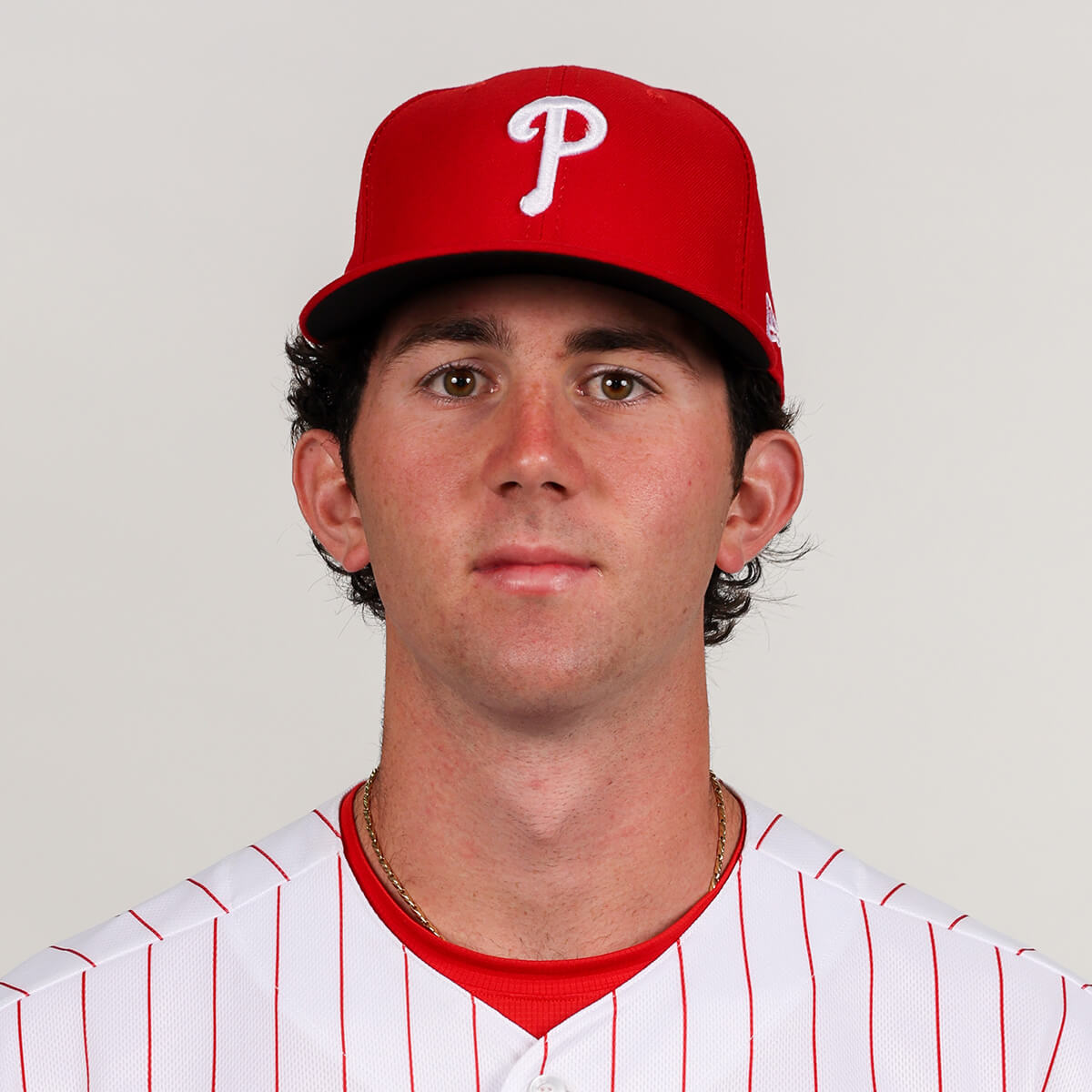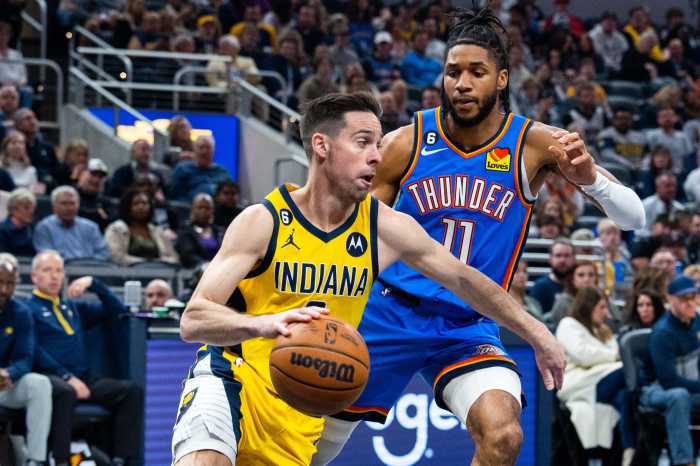A little comedy can go a long way, especially during a pandemic. Punch Line Philly has resumed live shows, and there is already a list of talent headed to the City of Brotherly Love, including Liz Miele.
Miele got her start in the comedy world at a young age, has toured around the country and has participated in credited competitions including Comedy Central’s “Live at Gotham” and the network’s “This Week at the Comedy Cellar” as well. On top of stand-up, the New Jersey native also started a podcast ‘2 non doctors’ with Maria Shehata and wrote a book ‘Why Cats are Assholes,’ all during quarantine. But the downtime from the pandemic didn’t just motivate Miele career-wise, but also creatively.
Now, Miele uses her comedy as a way to show her perspective—philosophically and hilariously.
As a comic, what was the pandemic like for you and your career?
It’s crazy because I’ve been donned one of the people who pivoted and survived it the best. In general, I know how to adapt and I think this business is so ever-changing and unruly and cruel in that way, that if you don’t know how to adapt, you get left behind. Years ago, it would take maybe 5-10 years for you to get left behind, but now, it feels like every six months with a social media algorithm change. I’m not against trying new stuff and I’m constantly taking risks, so when everything switched to online, yes it’s not as pleasurable in the sense that you’re not getting hit in the face with laughs and there’s a disconnect, but I wanted to find a way to use it where I could like it. I’m a writer, I constantly love writing new jokes and trying new jokes and new ideas, so I kind of purposely did shows and created a show that was about writing new jokes, workshopping it with other comics and showing more behind-the-scenes of comedy as opposed to people seeing the polished version that they see onstage. So, I quickly did a bunch of Zoom shows and when things were a little nicer and less scary there were outdoor and rooftop or park shows and backyard shows, so I did a ton of those.
How was the transition back into live shows for you?
I found that I’m a little more aware at how things start in a sense: Before I had a very certain way when I started [my shows], and now I’m putting in a mic because we need to use clean ones and I have to take my mask off and put my phone down to record—I feel like that person that has too many bags on the subway and doesn’t know where to sit it all. It’s a bit awkward and I’m just more aware of who I am in a general not relaxed way.
What about your content? Has the pandemic altered the way that you look at comedy or the world even?
A little bit—a couple of things have changed: Of course, my experience in just this past year has been so different from my experience before. There’s more jokes about my internal life rather than my external life because I didn’t really have an external life. Also, I think I’m more aware that every comedian had a similar year. We didn’t travel, we didn’t do anything…We all either started dating somebody or broke up with somebody. I’ve always tried to be very original and have my own point of view, but I’m more scared that some of my pandemic jokes might not be original because everybody is talking about the same topic. So I went to extra lengths to have a different perception about some things everybody is talking about. In general, Zoom shows, because the audience was muted or you didn’t really have the same connection, I wrote almost 50 new minutes via Zoom. I realized, I’ve always been ranty and I’ve always been a little silly, but I’m a lot sillier and I take bigger kinds of risks now. As a comic, some of my joke presentations have changed with the Zoom format, so now when I’m doing them onstage, I have to pause in places I didn’t have to before because I didn’t know that a line was a laugh line…or the opposite, I thought that was funny but now I know that this is not funny and I should take that out. So, in general, I took bigger risks because I think I was emotionally in a place where nothing matters and I’ll just do whatever I want.
Are there any other words you would use to describe your comedy?
Pre and post-pandemic, I definitely would consider myself a philosophy comic. I’m a writer and I’m a person who presents ideas, that does talk about therapy or the internal life, or even if I’m talking about something that physically happened, I bring in how I feel about it. When I first started it was about trying to see if people felt the way I felt and taking them on a journey. Now, I think people do feel how I feel. We’ve all had a very uniting and similar year in a lot of sad ways and I don’t feel like I have to hide myself because we’ve all felt this sense of loss and confusion.
What do you like the most abut getting to perform in person?
Oh it’s the best. It’s the same feeling of when you’re hugging a friend…Facetime can’t even come close to the real thing.
Catch Liz Miele at Punch Line Philly April 22-24.
